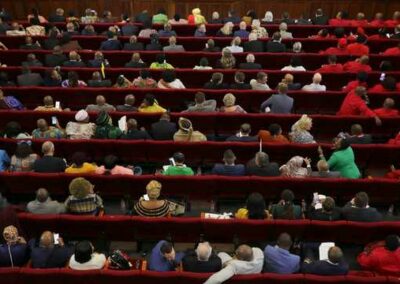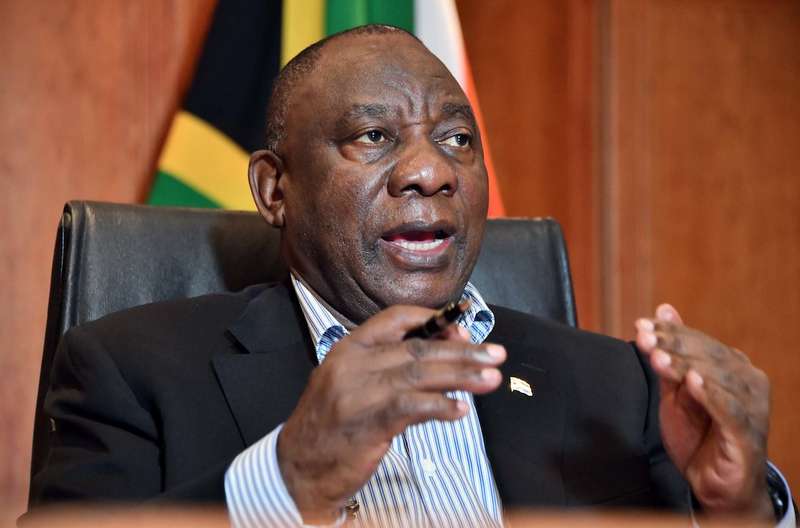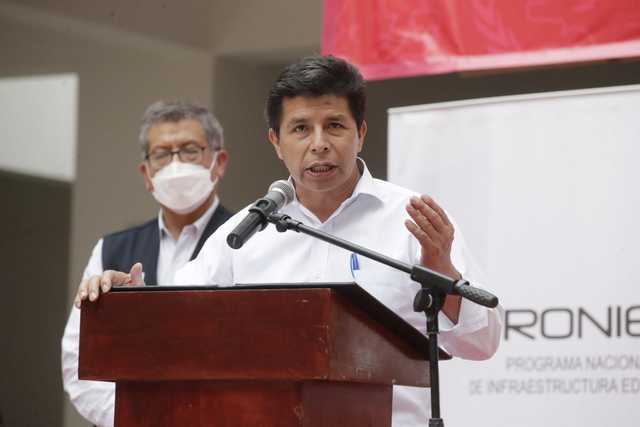South Africans, on Tuesday, glued to their televisions keenly. They were not watching a World Cup match, and neither were they watching a rugby game. They were watching how the 400 members of parliament would vote on the impeachment of the country’s president Cyril Ramaphosa, following claims that he violated his oath of office over an undisclosed $580,000 stolen from his home.
After hours of unfriendly debates, an impeachment process on the president would not begin after 214 members of parliament voted against the proposed impeachment plan and 148 others voted in support of the impeachment process. Only two members of parliament abstained from voting.
All the 214 MPs who voted against the impeachment move were members of the ruling African National Congress (ANC). Before Tuesday’s vote, the party directed its members to save the president from impeachment – an instruction that was not adhered to by every member.
The majority always has its way in politics
The best thing that could happen to any political party is winning the majority in parliament. In South Africa, the ANC have a good majority in parliament, and before Tuesday’s vote, it was clear that the party would have its way.
However, surviving an impeachment threat is absolutely different from clearing all the allegations against Ramaphosa. Following the failure to initiate the removal of the president, the Economic Freedom Fighters (EFF), led by Julius Malema, released a statement, accusing the ruling party of using its majority to bring the constitution to disrepute.
“The ruling party which is the ANC has once again chosen to use its majority in parliament to defend corruption and stifle accountability, oversight and transparency. The diabolical decision of the majority of members of parliament who belong to the ANC, to vote against an impeachment inquiry reveals a deep-seated disrespect for the Constitution of South Africa by the so-called former liberation movement,” the EFF said in a statement.
“Today’s vote in Parliament confirms that the ANC has not changed its undemocratic behaviour, it has used its majority to block accountability in the Phala Phala scandal,” the major opposition, the Democratic Alliance, said on Tuesday.
Leader of the DA, John Steenhuisen, said it was time for Ramaphosa to step aside as he is now faced with leading the country and proving his innocence. He added that the 70-year-old was not different from Zuma, who was forced out of office.
Although few, some members of the ruling party voted to impeach the president. There are speculations that more members of the ruling ANC would have voted to impeach Ramaphosa if the speaker approved the proposed secret ballot.
The death threats and the unanswered call for a secret ballot
For MPs to freely vote, even against the wish of their parties, some argued that a secret ballot should be adopted for Tuesday’s vote. Some of them claimed to have received death threats, hindering them from not taking sides with the President.
The move angered members of the opposition, including the EFF, that feel saying no to a secret ballot was a way of saying they could not vote their conscience.
“The decision to decline a secret ballot while members of Parliament have been threatened with expulsion if they do not vote in a particular manner by the ruling party remains irrational, factional and partisan. To make matters worse, the speaker of the National Assembly refused to grant a secret ballot even though some members of parliament received death threats on the eve of the seating,” the EFF’s statement reads.
The missing MPs and the rebels
There were at least 36 members of parliament missing when the House voted to keep President Ramaphosa on Tuesday. The majority of them were members of the president’s party. Why their reason for being absent remains unknown to the public, it could be because they are afraid to either take a side with the president or against him. Maybe their absence was their way of abstaining from the votes.
Apart from the missing MPs, five members of the ruling party defiled the clear instruction to save Ramaphosa from impeachment. One such MP is Nkosazana Dlamini-Zuma, a former wife to Jacob Zuma, the immediate past president of South Africa.
The court awaits all parties’
The antagonist of “Farmgate,” Cyril Ramaphosa had expressed his displeasure over the report that has turned the people against the president. He is likely to challenge the report in court in a bid to clear his name.
However, the EFF has vowed not to stop until Ramaphosa is either forced out or resigns, beginning with a judicial review of what happened in Parliament.
“In light of the various breaches of the constitution and undermining of the integrity of the process of voting on whether to adopt the report, the EFF intends to take the decision to reject the report in Parliament on judicial review on an urgent basis,” the statement reads.
Immediately after Tuesday’s vote, the leader of the EFF, Julius Malema, said he would file court papers challenging the outcome. His party said it would not accept anything less of Ramaphosa’s resignation, and if he does not, he would be forced out and disgraced.
“Ramaphosa will not survive Phala Phala Farm, and his legacy will be that he undermines the rule of law in South Africa. He will never know peace and his best course of action remains immediate resignation because the EFF will ensure he leaves the office of the President of South Africa disgraced, exposed and without a cent,” the EFF said.
Read more on the report that led to the proposed impeachment







0 Comments